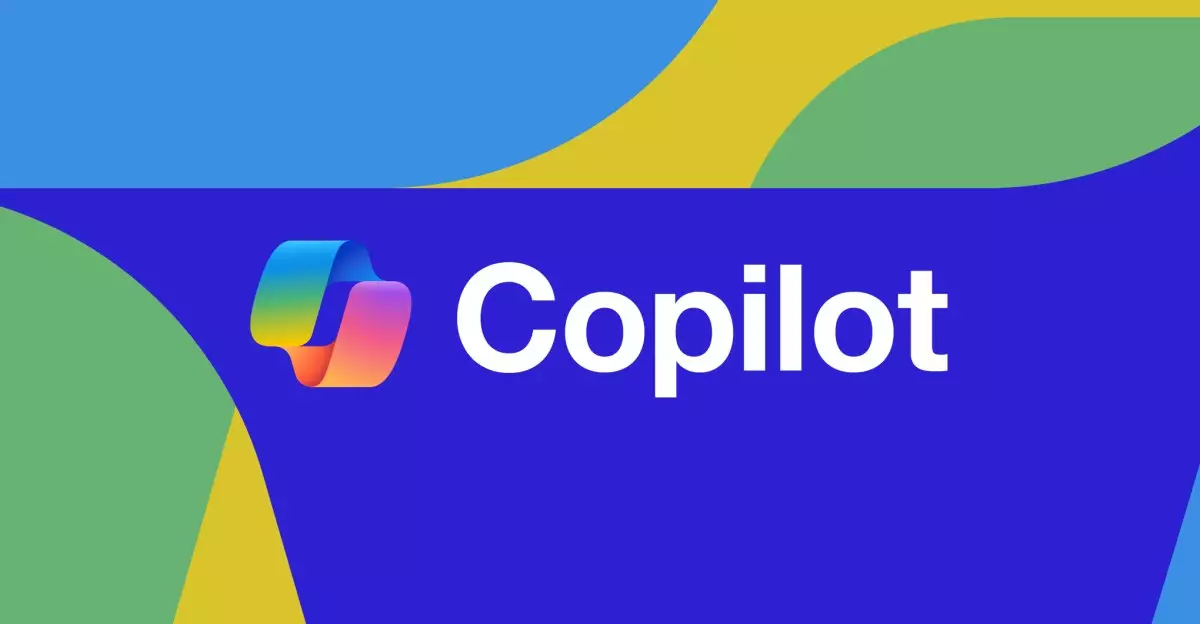In a rapidly evolving digital landscape, Microsoft has made significant strides with its AI assistant, Copilot, reflecting a commendable commitment to personalization and user engagement. As we commemorate the 50th anniversary of Microsoft, this evolution is not a mere upgrade but a revolutionary enhancement designed to position Copilot alongside contemporary titans like ChatGPT and Claude. The new updates, which emphasize personalization, are indicative of a broader trend toward AI that is not just reactive but proactively anticipatory of user needs.
Personalization is at the forefront of Copilot’s new features. With the introduction of memory functionalities, the assistant is not just a sterile information repository; it can learn preferences, interests, and even personal details such as birthdays. This tailored approach enables Copilot to deliver responses with remarkable relevance, ensuring that when a user interacts with the AI, the experience is distinctly unique. However, it is crucial to scrutinize the ethical implications of this personalized memory. While users can curate what they wish to remember or delete any retained information, the question looms: how much data is too much in order to resonate deeply with users without compromising privacy?
The Practicality of Smart Automation
The new features extend beyond personalization, delving into practical realms that aim to simplify daily tasks. The introduction of the Actions capability is a game-changer. By enabling Copilot to perform online actions—such as booking tickets, making reservations, or even shopping—Microsoft positions the AI as not merely a tool for information but a partner in everyday decision-making. This competitive edge places Copilot on a trajectory towards ubiquity in our digital interactions. However, the critical aspect lies in ensuring the reliability of these actions. Users must trust not just the functionality but the decision-making ability of Copilot, to engage in activities that could involve sensitive financial or personal data.
Moreover, the “Copilot Vision” feature enhances the assistant’s capabilities, enabling it to interpret visuals from the screen or the user’s surroundings, whether through a webcam or mobile camera. Here, we encounter an exciting crossroads of AI functionality; however, it also raises questions about the balance between convenience and privacy invasion. The capability of an AI to “see” and analyze surroundings necessitates robust safeguards to protect user data and maintain trust.
Deep Research and Content Creation: A New Frontier
One of the most intriguing aspects of Copilot’s updates is the integration of deep research capabilities. This feature allows the assistant to sift through large volumes of information to support users in complex projects, representing a substantial leap in how we conceptualize content creation and research assistance. For many, sifting through archives of documents can be a tedious task, but with AI-driven technology interpreting and organizing insights, the burden is significantly diminished.
Moreover, the podcast generation feature is a fascinating addition that highlights the evolving relationship between AI and media creation. As traditional formats gradually morph, the capacity of Copilot to produce audio content from researched topics signifies a foray into innovative communication methods. However, while these innovations are promising, we must consider the quality of AI-generated content. The challenge will be to guarantee that produced outputs maintain a standard of authenticity and factual accuracy that aligns with audiences’ expectations.
The Future of AI Assistants with Microsoft Copilot
As Microsoft gears up to roll out these features progressively, the implications for users and industries alike are monumental. No longer is AI confined to simplistic tasks; the functionalities being introduced signify a move toward a more integrated experience where AI is an active participant rather than just a passive informant.
Yet, we must remain vigilant. While these advancements herald a future filled with potential, they also call for critical discussions surrounding ethical use, data security, and the impact on jobs and roles traditionally filled by humans. As AI beckons a new era, the balance between enhancing human capability and preserving humanity in the digital realm will be paramount. Therefore, the journey of Copilot is not merely a tale of technological triumph, but an ongoing narrative that grapples with the profound questions regarding our increasingly intertwined existences in the digital age.

